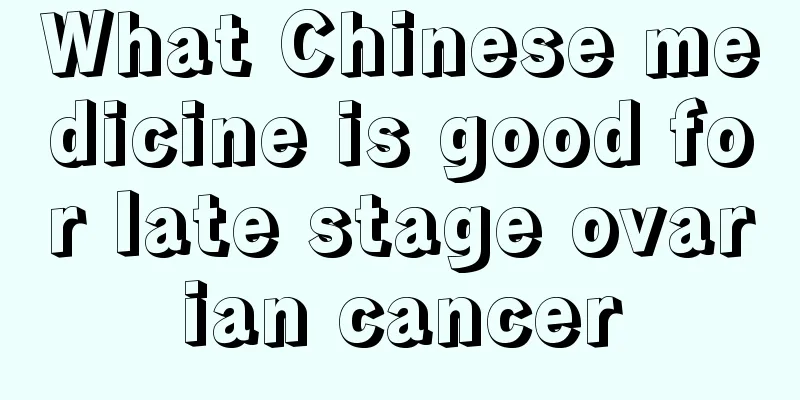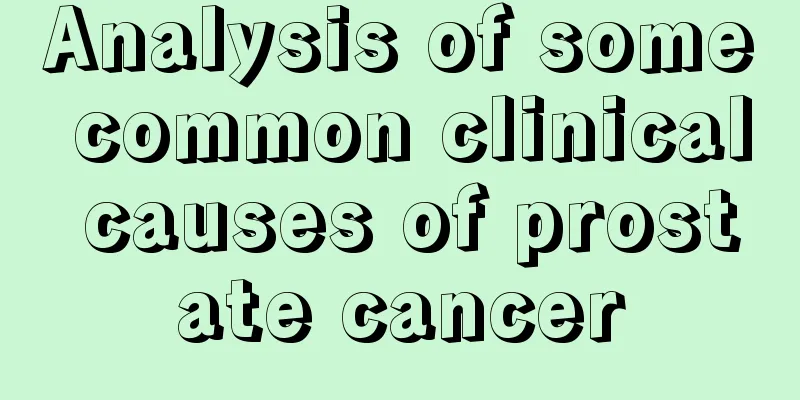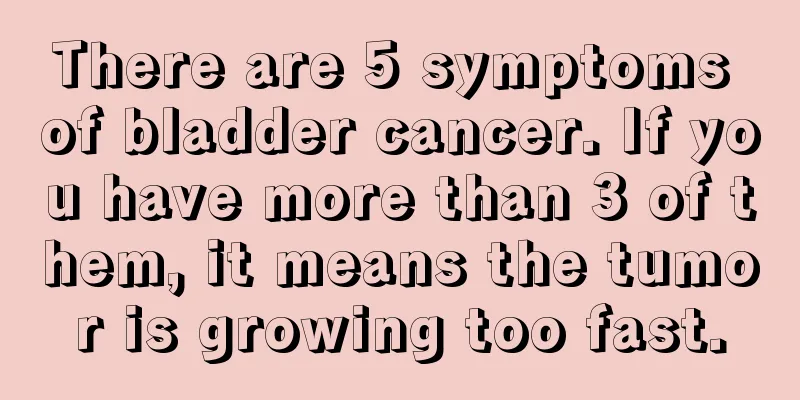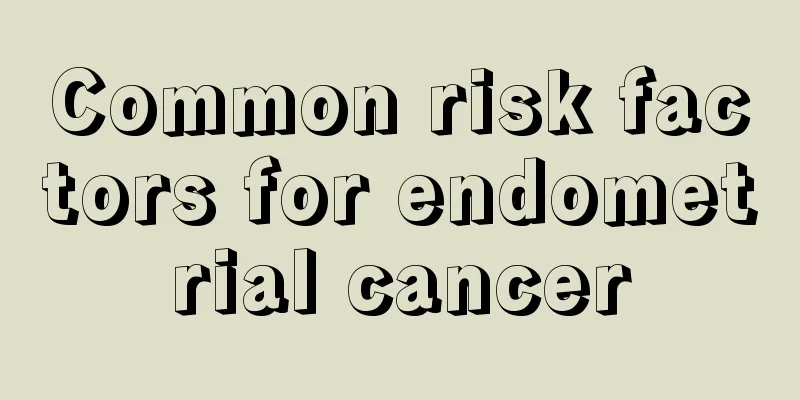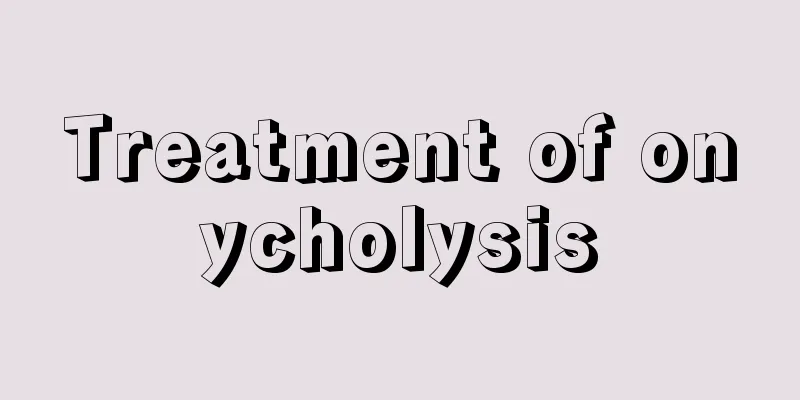Advances in the treatment of thyroid cancer
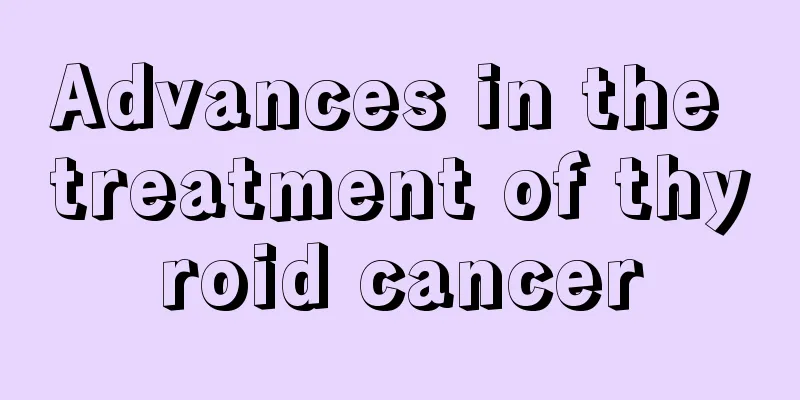
|
There may be more and more friends around us suffering from thyroid cancer. Because this disease is very harmful, many of our patients and friends are in deep distress. I hope everyone can take this disease seriously and strive to achieve early detection and early treatment. The following is the progress in the treatment of thyroid cancer. Treatment of thyroid cancer: Selection of the first treatment method: Patients are divided into several risk groups based on their age, gender, size, extent, histological grade, DNA ploidy of the primary tumor, and presence of distant metastasis, so as to facilitate the selection of treatment options. Male patients aged over 45 years are high-risk patients; high differentiation malignancy, large primary tumor, thyroid invasion, and distant metastasis are high tumor risks. Female patients aged under 45 years, tumors confined to the gland, good tissue differentiation, and no distant metastasis are low-risk patients. Understanding the factors related to clinical prognosis is very helpful in understanding the surgical indications for total thyroidectomy. Patients with distant metastasis, diffuse involvement of the entire thyroid gland, multiple nodules in both thyroid lobes, and extensive invasion outside the thyroid gland all require total thyroidectomy; a single nodule confined to one thyroid lobe is an indication for ipsilateral thyroid lobe resection. Grouping according to patient risk and tumor risk is very helpful in guiding the selection of the first treatment plan. Surgical treatment: Surgical treatment of thyroid cancer includes surgery on the thyroid itself and neck lymph node dissection. There are still differences in the scope of thyroid resection, with the smallest range being lobe and isthmus resection and the largest being total thyroid resection. Endocrine therapy: Patients who undergo subtotal or total thyroid resection should take thyroxine tablets for life to prevent hypothyroidism and inhibit TSH. Both papillary adenocarcinoma and follicular adenocarcinoma have TSH receptors, and TSH can affect the growth of thyroid cancer through its receptors. Radionuclide therapy: For papillary adenocarcinoma and follicular adenocarcinoma, 131 iodine radiotherapy is used after surgery. It is suitable for patients over 45 years old, multiple cancer foci, locally invasive tumors, and those with distant metastases. After reading this knowledge, everyone knows how to treat thyroid cancer. The arrival of thyroid cancer directly affects the patient's health and will also bring a lot of pain. Therefore, friends should be alert to the occurrence of thyroid cancer, and need to clearly understand the treatment methods of this disease and prevent the disease as early as possible. |
<<: Pay attention to various examinations for thyroid cancer
>>: What are the hazards of thyroid cancer at each stage
Recommend
Will lymphoma recur if it is cured in the late stage?
Will lymphoma recur after being cured in the late...
Is surgery necessary for bile duct stones?
The presence of stones in the bile duct will seri...
Is cupping useful for acne on the back?
Many people get a lot of pimples on their faces d...
Can gout patients eat lotus root?
Lotus root is a common food in our daily life. It...
What to do if you have water poisoning? Western medical treatment is very important
Water intoxication is when the human body takes i...
The following are the early symptoms of cardiac cancer
In life, more and more people know about cardia c...
Causes of itchy skin due to gallbladder cancer
Cancer is very common in our lives. Once we suffe...
Lung cancer diagnosed without any pain or itching? There are 3 types of marks on the hands in the middle and late stages. I hope you don’t have any of them!
When it comes to lung cancer, most people are afr...
Six benefits of laughing often to your body
We often say that we should face everything with ...
What to do if the resin lens is damaged
There are many types of glasses, and different gl...
Can I drink expired beer?
Beer is more popular in the summer, but drinking ...
Purple greens
There are many kinds of green vegetables, and the...
What are the methods to prevent intestinal polyps
The incidence of intestinal polyps is relatively ...
What to do if there are blue veins on both sides of the forehead
There are blue veins in many parts of the body, w...
Should I use purified water or mineral water to make tea?
Purified water can be used to make tea. Using min...
